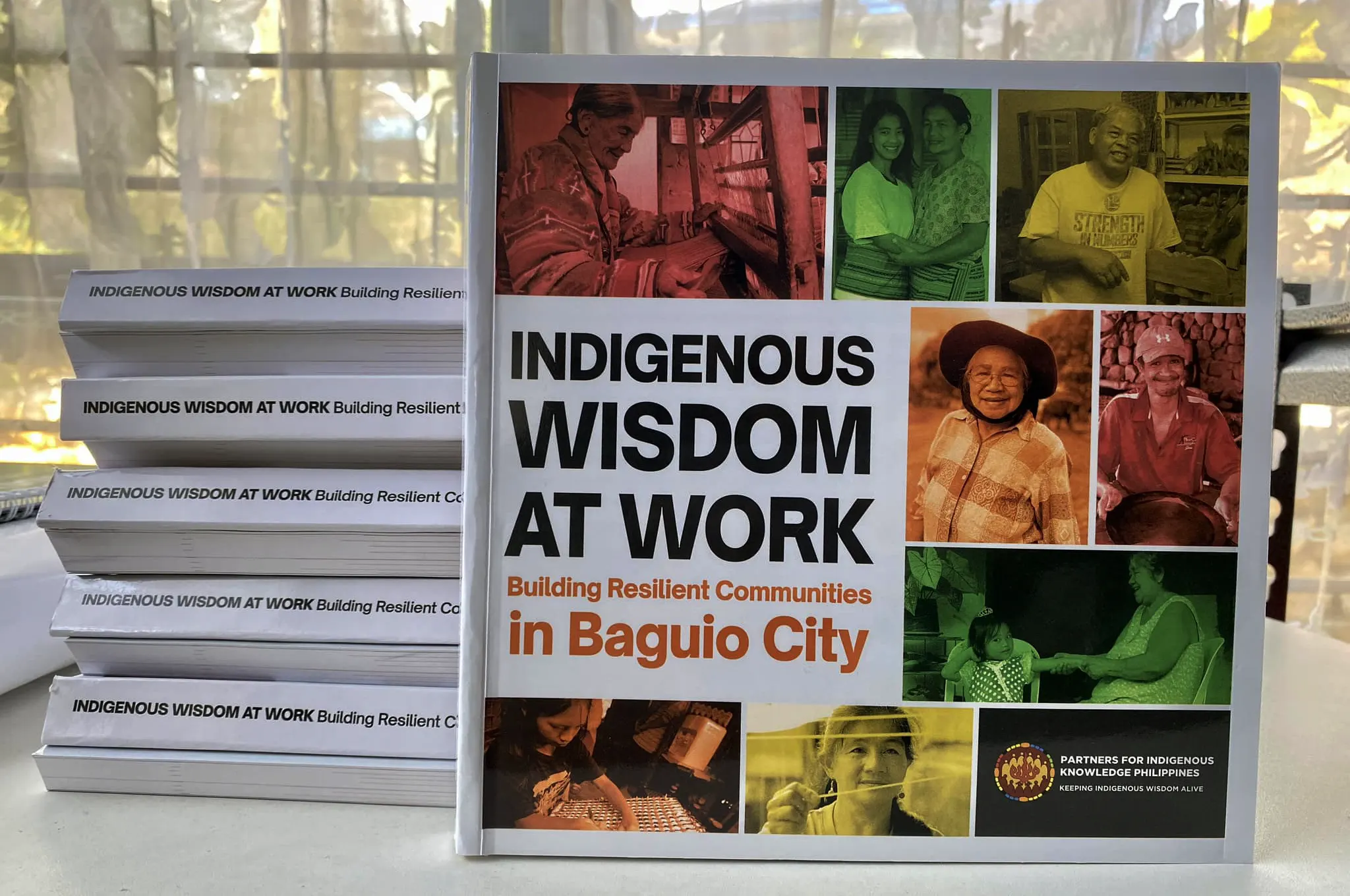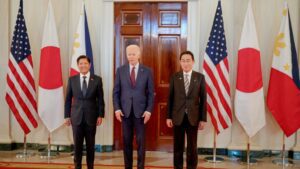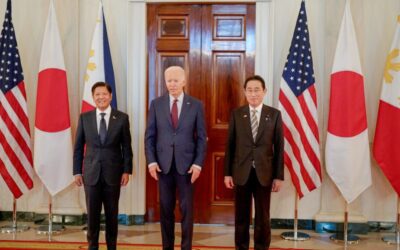By RUTH S. BATANI
www.nordis.net
The book titled “Indigenous wisdom at work, building resilient communities in Baguio city, contains eight (8) chapters which is an offshoot of research during the pandemic. It vividly captured the voices of indigenous peoples settling in the city of Baguio from development works to artisans, artists, migrant settlers, and the Ibaloys.
The book presents the continuing reality the indigenous find themselves in and the many challenges that they face as well as the negotiations they make. Part of the negotiation is to be creative in redefining their spaces beyond the ‘iconic image of Baguio as the summer capital’ and as the UNESCO declared ‘creative city.’ Reading through the pages of the book gave me a sense of how ‘practical or even difficult choices, whether risky or not can be played out in a highly urbanized and populated city.
The historical roles played by the Ibaloy ancestors in securing ancestral lands cannot be overlooked. While this is still a continuing struggle even with the recognition of ‘prior occupation rights’ or ‘native title, despite the marginal areas left to them, the spaces enabled the present-day generation to practice sustainable livelihood activities. From my reading of the book, ‘ethnicity coupled with migrant status’ made the settler accept some terms ‘authorities’ imposed on them. Take the case of Bontoc village, when after the cogon-thatched roof houses were burned down in 1982, the households deemed it practical to replace it with more viable materials – yet were forced to rebuild it using cogon for touristic purposes, just so they can secure the space for continued settlement.
A major theme defining the book is the concept of legal pluralism which carry the notion of incorporating elements of state law aside from customary means of dispute settlement, transformed and innovated through time. On one hand, the efforts of Mateo Carino or the present-day efforts of the clan of Roger Sinot who have to enter the legal battle to reclaim what is left for the Ibaloys depicts how the state defines the indigenous. Yet in the process of being defined by the authorities, the indigenous are also undergoing the process of ‘becoming’ which meant going back to their rootedness. Yes, they have been uprooted from their ili/villages but are re-rooting themselves in the city, carrying with them their practices and tradition.
The varied ‘stories’ in the book speak of indigenous agency in rights assertion against discriminatory structures found in laws and institutions. The stories of Mng Cora with her healing garden or Manda, an Ibaloy mambunong reminds us of the continuities of practices ‘grounded on the wisdom’ of the old. The front/backyard gardens or even the efforts at securing water resources or mitigating land erosion caused by garbage, rest on the value of collective work expressed in alluyon, gamal, binnadang, ugfo or bayanihan. The many challenges and negotiations entailed creativity in redefining spaces for settlement, livelihood, creativity, health, and well-being.
The authors who are ordinary folks from specific marginal spaces or even located in ‘declared creative circuits of the city’ were successful in showing nurturing and flourishing motherland amid the iconic image of Baguio city as a tourist and festival destination. And to quote a line from the book, “the indigenous wisdom shown in the documented stories, spells a movement by ‘hard-working folks who are grounded on the wisdom of ancestors’” parallel to the city’s continuing project on tourism and commerce. # nordis.net
The author is a Social Science professor at Benguet State University and the consortium director of the Consortium for Agriculture, Aquatic and Resources Research and Development.
Partners for Indigenous Knowledge Philippines (PIKP) launched their book Indigenous Wisdom at Work: Building resilient communities in Baguio City on January 20 at Maryknoll Sanctuary in Baguio City.










0 Comments